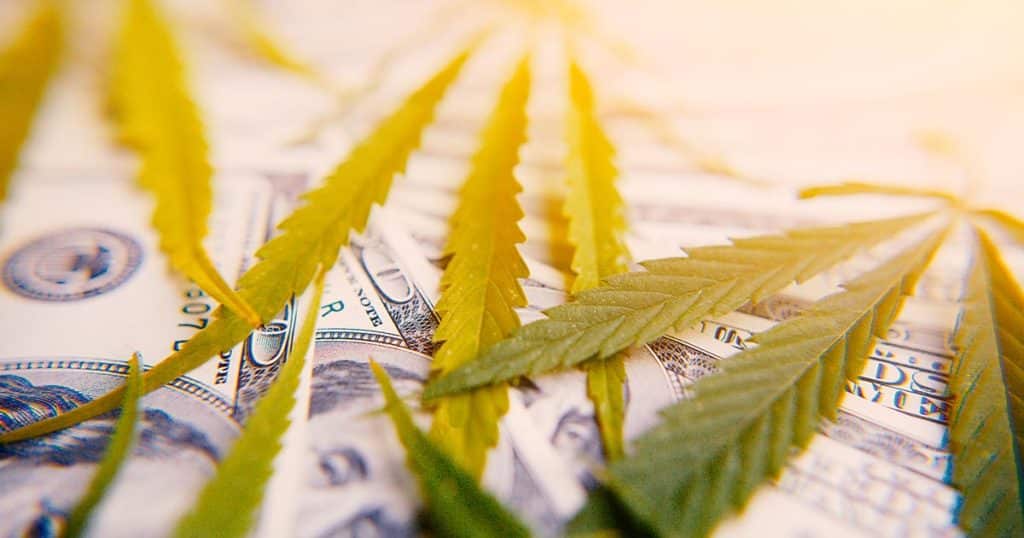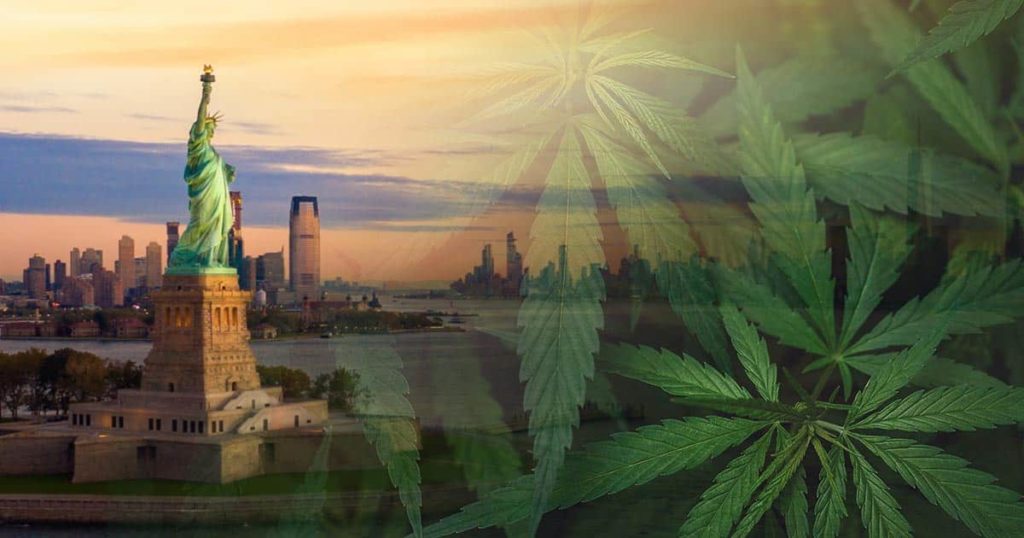The Dormitory Authority of the State of New York (DASNY) just published its report on the state’s $200 million cannabis social equity fund, a week after missing a Dec. 30 deadline to make the information public.
The report is less than ideal—it doesn’t answer any questions at all and barely enlightens the public about the details of cannabis equity funding.
It does, however, show how NY State has failed to facilitate a smooth transition to the legal market, and it has now turned into a huge mess with numerous delays and questions about its ability to raise the necessary private funds – something critics have been incredibly vocal about since the program’s inception.
New York State Social Equity
New York State has been working hard to rectify the damage caused by prohibition policies as they worked to introduce a legal cannabis market. Social equity licensing and funding was one attempt to integrate those negatively impacted by the War on Drugs into the regulated market, with equity applicants being the first to receive coveted cannabis licenses.
However, NY State has been criticized for its slow implementation, lack of communication with the public, and overall bureaucratic disorganization—leading business owners and consumers to feel confused and stressed out by the lack of clarity from the government. The DASNY report was intended to clear some of that up, but instead just raised more issues!
The DASNY Report Broken Down
The Dormitory Authority of New York State (DASNY) published its report on New York’s $200 million social equity fund last week—but it didn’t contain much new information.
The report is less than two pages and says nothing the public wasn’t already aware of. The only thing DASNY has done in the past six months is finding potential locations for CAURD storefronts, but even that is up in the air.
DASNY has also ignored a Freedom of Information Law request filed in September by NY Cannabis Insider that would shed light on the fund – and more importantly, the people managing it.
In a Frequently Asked Questions document, DASNY provided a bit more information on their activities for the past ten months.
They said they’ve been working with the Office of Cannabis Management (OCM) to help licensees find locations for their businesses. After the lease is signed and construction begins, OCM will match licensees with locations and provide licensees information about the location, including design renderings and the lease terms.
They also came up with a list of service offerings that OCM will provide to Conditional Adult-Use Retail Dispensary (CAURD) licensees, including training programs, assistance securing banking services with financial partner Valley National Bank, custom-built cloud enterprise planning, cash pick-up and transfer services, and more.

Did NY’s Cannabis Market Fail Before It Even Started?
It’s been almost two years since recreational marijuana became legal in New York State, and it’s safe to say that the implementation of this new industry has been far from smooth.
Social equity operators could face major challenges securing inventory in a system that is intended to remove their barriers. It also indicates deep structural issues within the state government, which bleeds into the social equity licensing procedures as well.
In addition, there’s a huge lack of clarity regarding funding, fund management, and operational procedures going into licensing—which makes it difficult for these businesses to secure private investment.

The public launch of adult-use cannabis in New York State has been incredibly convoluted, with delays and confusion plaguing all parties involved. Consumers are confused about whether or not state-approved medical marijuana will be able to be exchanged for adult-use cannabis without a doctor’s recommendation. Equity applicants are confused about whether or not they have received their license and what it means for them moving forward. Cannabis retailers who have been approved for CAURD licenses are confused as to when they can open up shop and begin selling products. And we’re in Los Angeles, and we’re still confused.
In the end, this was supposed to be a smooth, streamlined process for acquiring and building out 150 retail facilities—and now it’s turned into a huge mess. Also, eighths are up to $95 before taxes. New York’s market is truly a mess in every capacity.
Enjoyed that first hit? Come chill with us every week at the Friday Sesh for a freshly packed bowl of the week’s best cannabis news!

















